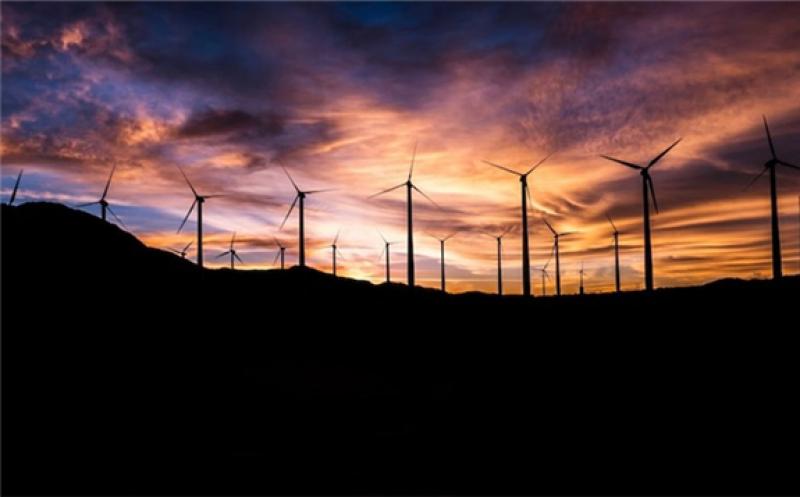Wood Mackenzie has forecast the EU will fall short of achieving its 2030 emissions reduction target unless it accelerates wind and solar buildout.

Wood Mackenzie’s report, Fast and furious: Europe’s race to slash emissions by 2030, predicts the bloc will fall short of its goal, delivering a 46% reduction over 1990 levels, as opposed to the 55% reduction it has set as the target.
It said an accelerated energy transition for the EU, consistent with limiting global warming to no more than 2°C, would take Europe much closer to the 2030 target.
This would require several steps, including wind and solar power generation capacity growing by 162GW and 253GW, respectively, over 2020 levels, underpinned by rapid scaling of grid infrastructure, said the analyst.
Coal-plant retirements, of 85GW by 2030, must be accelerated, alongside a carbon cost that maximises coal-to-gas switching, the report stated.
Wood Mackenzie research director Murray Douglas said: “To hit the 2030 target, Europe will have to do everything we have assumed, but quicker.
“Moreover, as the potential to do more on renewables and EV penetration is limited, it will have to push harder in three key areas: energy efficiency and the electrification of buildings, reducing the amount of travel, and reform of the carbon market.
“The EU’s Emissions Trading System (ETS) covers around half of the bloc’s CO2 emissions.
“A large-scale expansion of the scheme to other sectors is unlikely, but maritime emissions are likely to be included. Still, the fact that ETS sectors will only deliver a third of the targeted reductions by 2030 underscores the need for reform.”
Such reforms include providing more certainty over the cost of carbon that investors need to make structural changes and large capital investments and ensuring European industries are exposed to a carbon cost which incentivises decarbonisation without increasing the risk of carbon leakage.
Douglas added: “Certainty over the cost of carbon by 2030 would accelerate coal phase-out plans, as it did in the UK.
“Renewable generation would be more competitive, and the array of projects would expand.
“The rapidly growing pipeline of low-carbon hydrogen projects would be bolstered, and the market would become more engaged in the development of carbon capture and storage.”